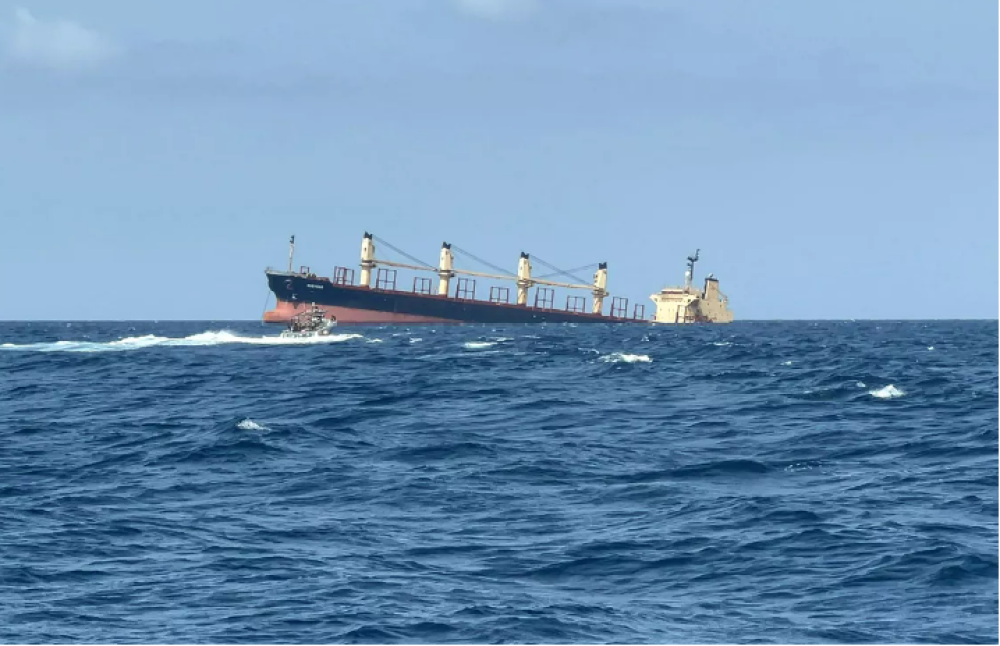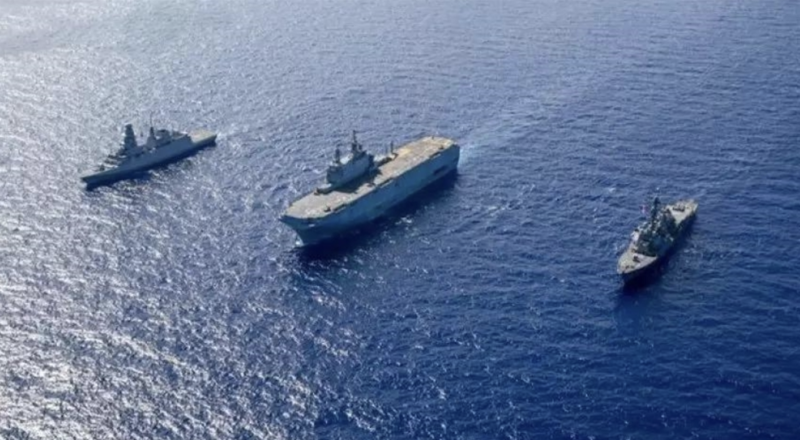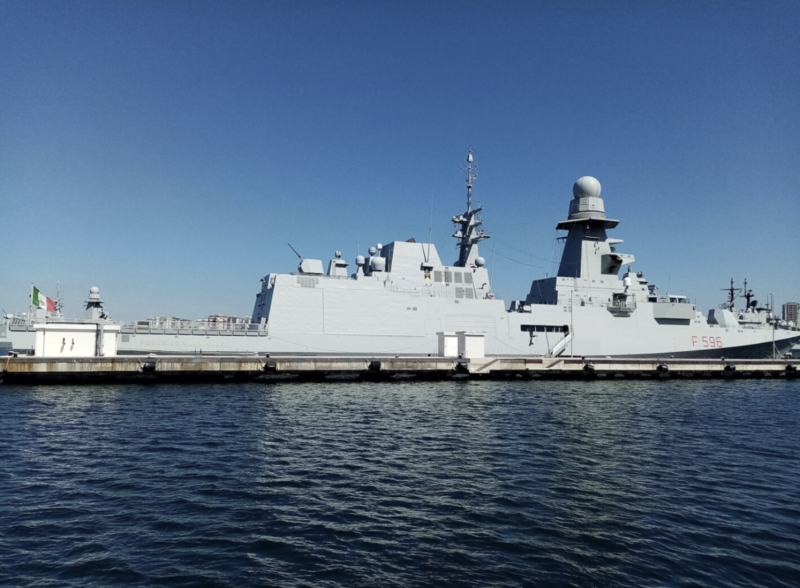Yemen : Fears of environmental disaster rise as ship sinks after Houthi attack


A cargo ship sank in the Red Sea after an attack by Houthi militants, taking about 21,000 metric tons of fertilizer down with it, posing a significant environmental risk to one of the world’s busiest waterways and the home of many coral reefs.
The Rubymar was struck by an anti-ship ballistic missile fired by the Iranian-backed Houthis on Feb. 18 and sank early Saturday after “slowly taking on water” since the attack, U.S. Central Command said on social media early Sunday local time.
“The approximately 21,000 metric tons of ammonium phosphate sulfate fertilizer that the vessel was carrying presents an environmental risk in the Red Sea,” Centcom said, adding that the ship “also presents a subsurface impact risk to other ships transiting the busy shipping lanes of the waterway.”
The ship’s sinking “will cause an environmental disaster,” the Yemeni government said in a separate statement.
The Houthi attack last month caused an 18-mile oil slick and forced the crew to abandon the ship. The Djibouti Ports and Free Zones Authority, which coordinated the rescue of the Rubymar’s crew members, said the fertilizer onboard was classified as “very dangerous.”
It is believed to be the first time a vessel has been completely taken out by a Houthi strike. For months, the Houthis have been using missiles and drones to attack commercial and naval vessels traversing the Red Sea in protest of Israel’s war in Gaza.
“Yemen will continue to sink more British ships, and any repercussions or other damages will be added to Britain’s bill,” the Houthis’ deputy foreign minister, Hussein El-Ezzi, wrote Sunday on X.
However, a spokesperson with Britain’s Foreign, Commonwealth and Development Office said the Rubymar was not a British ship, but was operated by a Lebanese company, flagged to Belize and owned by a company registered in the Marshall Islands.
“We have been clear that any attacks on commercial shipping are completely unacceptable, and that the UK and our allies reserve the right to respond appropriately,” said the spokesperson, who also noted a high level of concern about the potential environment effects of the sinking.
Julien Jreissati, the program director at Greenpeace Middle East and North Africa, called for emergency response teams to be given “immediate access” to the site.
“As well as any further leaks of fuel oil from the engines, the sinking of the vessel could further breach the hull, allowing water to contact with the thousands of tons of fertilizer, which could then be released into the Red Sea and disrupt the balance of the marine ecosystems, triggering cascading effects throughout the food web,” Jreissati said.
“This disruption could have far-reaching consequences, affecting various species that depend on these ecosystems and, in turn, potentially impacting the very livelihoods of coastal communities.”
The Associated Press cited Ian Ralby, founder of maritime security firm I.R. Consilium, as saying that there were “many ways” the Red Sea could be harmed by the ship’s sinking and noted that if the ship remains intact underwater, the impact will be a slow trickle instead of a massive release.
Ralby noted that the sea has a circular water pattern, adding: “What spills in the Red Sea, stays in the Red Sea.”
The Rubymar was heading to Belarus from the United Arab Emirates when it was targeted, the Washington Post reported at the time. The British military’s United Kingdom Maritime Trade Operations confirmed in an update Saturday that “the vessel has dragged anchor … and is down by the stern.”
The Houthis have said that ships linked to Israel or heading to its ports are legitimate targets, and the United States and Britain have launched several strikes against the group in an attempt to end the attacks – which do not appear to have stopped. On Saturday, Senior Houthi official Mohammed Ali al-Houthi slammed U.K. Prime Minister Rishi Sunak for Britain’s support of Israel and said Sunak was “responsible” for the ship’s fate.
He also demanded that more humanitarian relief be allowed into Gaza.
Many large ships – which carry about 12% of all world trade – have altered their routes to avoid the Red Sea amid the Houthi threat, opting to travel the long way around southern Africa instead.
Such detours could add as much as a month in transit time, delaying the delivery of goods and further disrupting international commerce – a sector already grappling with the aftermath of the coronavirus pandemic, rising inflation and disruptions caused by Russia’s war in Ukraine.
“With fewer and fewer container ships to target, the odds of another spill with massive environmental impact has increased enormously,” Ralby said.

Mokha — Yemen is entering a highly sensitive stage as political and military developments accelerate, raising mounting warnings over the resu…

Red Sea — The European naval mission tasked with safeguarding international shipping lanes announced that an Italian frigate operating under…

Paris – The French Ministry of Foreign Affairs issued a statement expressing deep concern over the situation in Yemen, while reaffirming its…